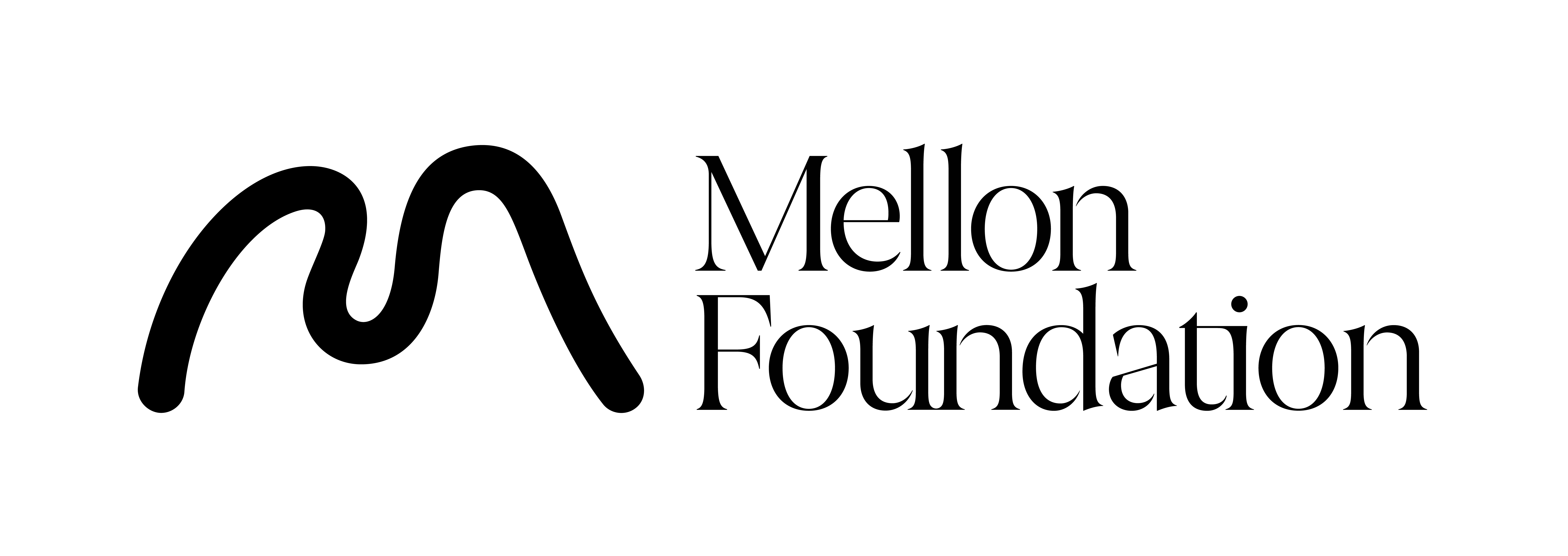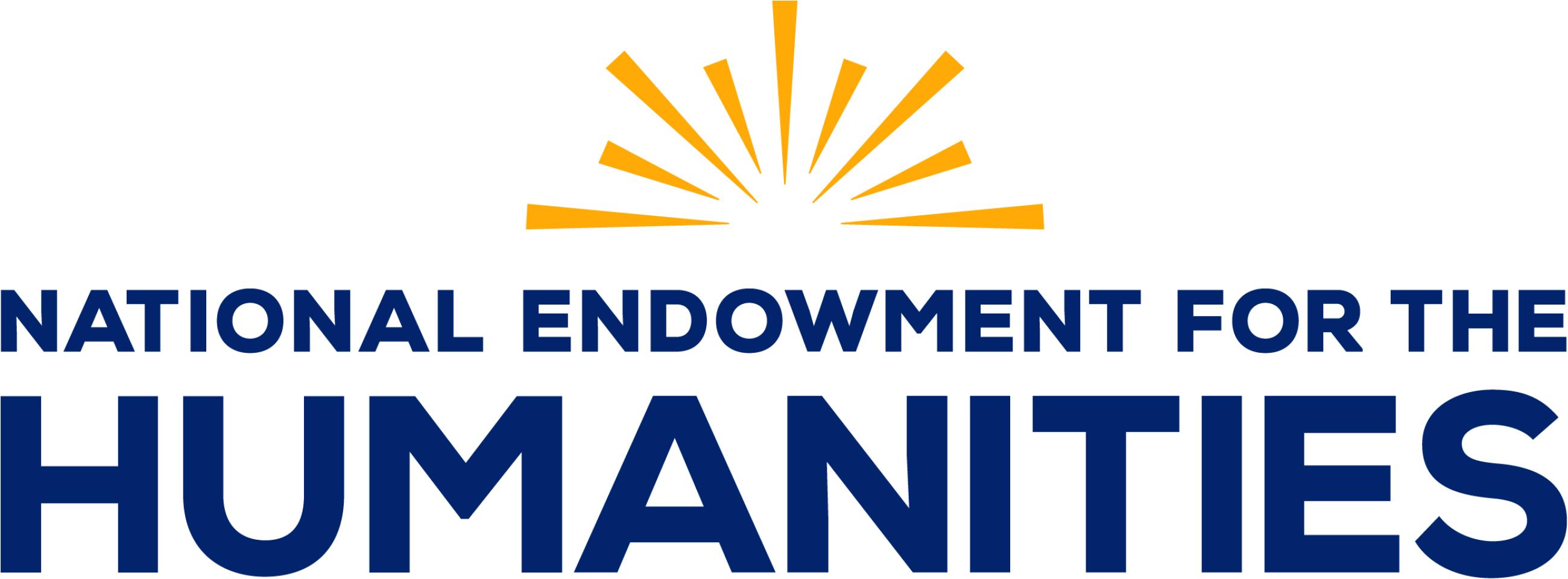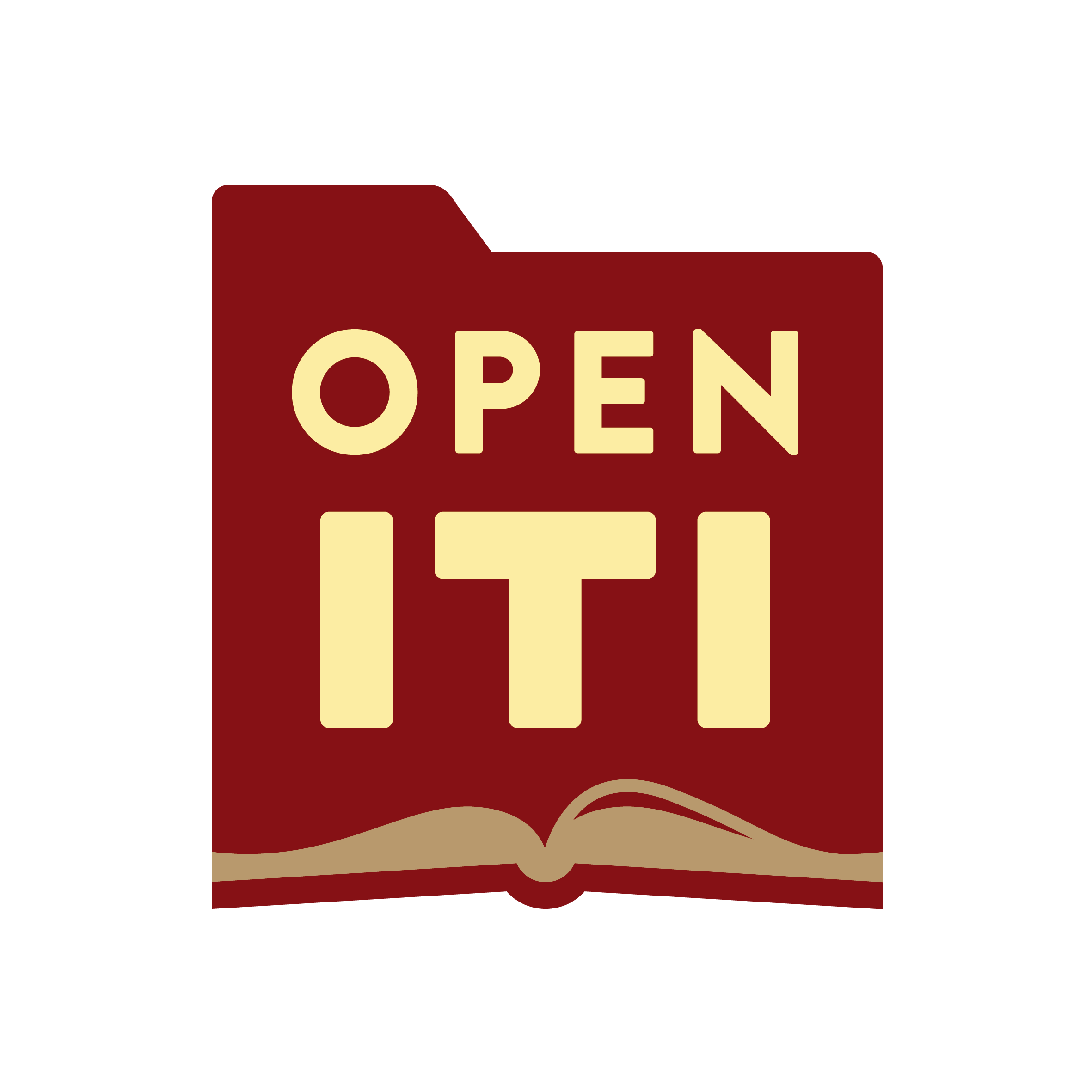After a fall semester of readings and often lively discussion of recent literature in the history of Arabic-script manuscripts, ranging from the life-histories of Qur’anic codices to the transition from manuscript to print, for the upcoming spring semester we’re going to take a somewhat different tack, leaning much more heavily into the ‘digital humanities’ side of things. After some reflection and discussion with group members, I’ve decided on the following: our weekly sessions will be two-part each week, with the first hour of our meeting devoted to discussing a relevant reading in the theory and application of digital humanities. We’re going to start out by working through Text as Data: A New Framework for Machine Learning and the Social Sciences, a book written primarily for social scientists but I think adaptable to our concerns in Islamicate digital humanities.
After completing that volume, we’ll turn to Digital Scholarly Editing: Theories and Practices, then in the remaining weeks do a mix of relevant articles and book chapters, interspersed with practical tools learning and use; I hope to have some scholars working in the field come and talk with us and demonstrate applications within Islamicate humanities of the concepts and methods we’ll be exploring. We’ll be tackling two big issues at the heart of Islamicate (and other forms of) digital humanities: the nature of data and the transformation and use of text-into-data; the question of digital editing and digital editions, in particular those incorporating manuscripts.
 One of the manuscripts we’ll be examining: a c. 1700 copy of the popular epic Qiṣṣat ʽAntar (SBzB Ms. or. fol. 4079)
One of the manuscripts we’ll be examining: a c. 1700 copy of the popular epic Qiṣṣat ʽAntar (SBzB Ms. or. fol. 4079)
The second half of our sessions will take us back to Islamicate manuscripts and line-by-line reading and interpretation; we had tried to do something like this during the fall but honestly got a bit off track. So that we can cover collectively a broad spectrum of the Islamicate heritage, I will compile a list of manuscripts for weekly investigation, alternating among Persian, Arabic, and Ottoman Turkish examples so that everyone’s linguistic skills and interests can be accommodated. Our goal for at least some of the manuscripts will be partial digital editions with transcriptions, annotations, and translations; I’ll be sharing an example I’ve been working on as a personal project soon.
I’ve sketched out below the first few weeks to give an idea of what we’ll be covering; we may find that we need to devote full sessions to the two halves, which we can do if our schedules accommodate it. The manuscripts I’ve included here are a diverse lot, which was my main intention—and they’re not fixed in stone, as we go we might decide to work on other things, and we may find that we need to devote more weeks to each than I’ve got allocated here.
If you’re interested in joining this reading and working group but did not participated in the fall group, no worries! This semester’s content will be fairly different, with the readings discussions and digital tools and methods applications and demonstrations not requiring any paleographic or codicological knowledge. While those things will come in handy for the digitized manuscript component of the group, you can also join in and learn as you go, any level of expertise is welcome! To sign up, send me an email at jallen22@umd.edu, and I’ll pass along a calendar invite for the recurring Zoom meeting and add you to our Slack workspace, which is where we’ll be coordinating readings, discussions, and so forth.
January 12: Introduction to the spring semester’s theme and outline, group introductions.
Reading: Jerome McGann and Dino Buzzeti, ‘Critical Editing in a Digital Horizon.’
Manuscript: Safīnat Baḥr al-muḥīt [Persian and Arabic], SBzB Ms. or. fol. 248
January 19: Theory and practice of text as data, part 1.
Reading: Text as Data, Part I.
Manuscript: Safīnat Baḥr al-muḥīt [Persian and Arabic], SBzB Ms. or. fol. 248
January 26: Theory and practice of text as data, part 2.
Reading: Text as Data, Part II (selected chapters).
Manuscript: Qiṣṣat ʽAntar [Ottoman Turkish], SBzB Ms. or. fol. 4079
February 2: Theory and practice of text as data, part 3.
Reading: Text as Data, Part II (selected chapters), continued.
Manuscript: Qiṣṣat ʽAntar [Ottoman Turkish], SBzB Ms. or. fol. 4079
February 9: Theory and practice of text as data, part 3.
Reading: Text as Data, Part III (selected chapters).
Manuscript: Muʻtamad Khān, Tārīkh-i ilāhī haz̤rat Akbar pādishāh [Persian], Free Library of Philadelphia Lewis O 45
Feburary 16: Issues and approaches in the creation of digital editions, part 1.
Reading: Digital Scholarly Editing: Theories and Practices, 1-82.
Manuscript: Muʻtamad Khān, Tārīkh-i ilāhī haz̤rat Akbar pādishāh [Persian], Free Library of Philadelphia Lewis O 45
Feburary 23: Issues and approaches in the creation of digital editions, part 2.
Reading: Digital Scholarly Editing: Theories and Practices, 83-136.
Manuscript: Najm al-Dīn al-Ghazzī, personal majmū’a, BnF Arabe 5046
March 1: Issues and approaches in the creation of digital editions, part 3.
Reading: Digital Scholarly Editing: Theories and Practices, 137-238.
Manuscript: Najm al-Dīn al-Ghazzī, personal majmū’a, BnF Arabe 5046



